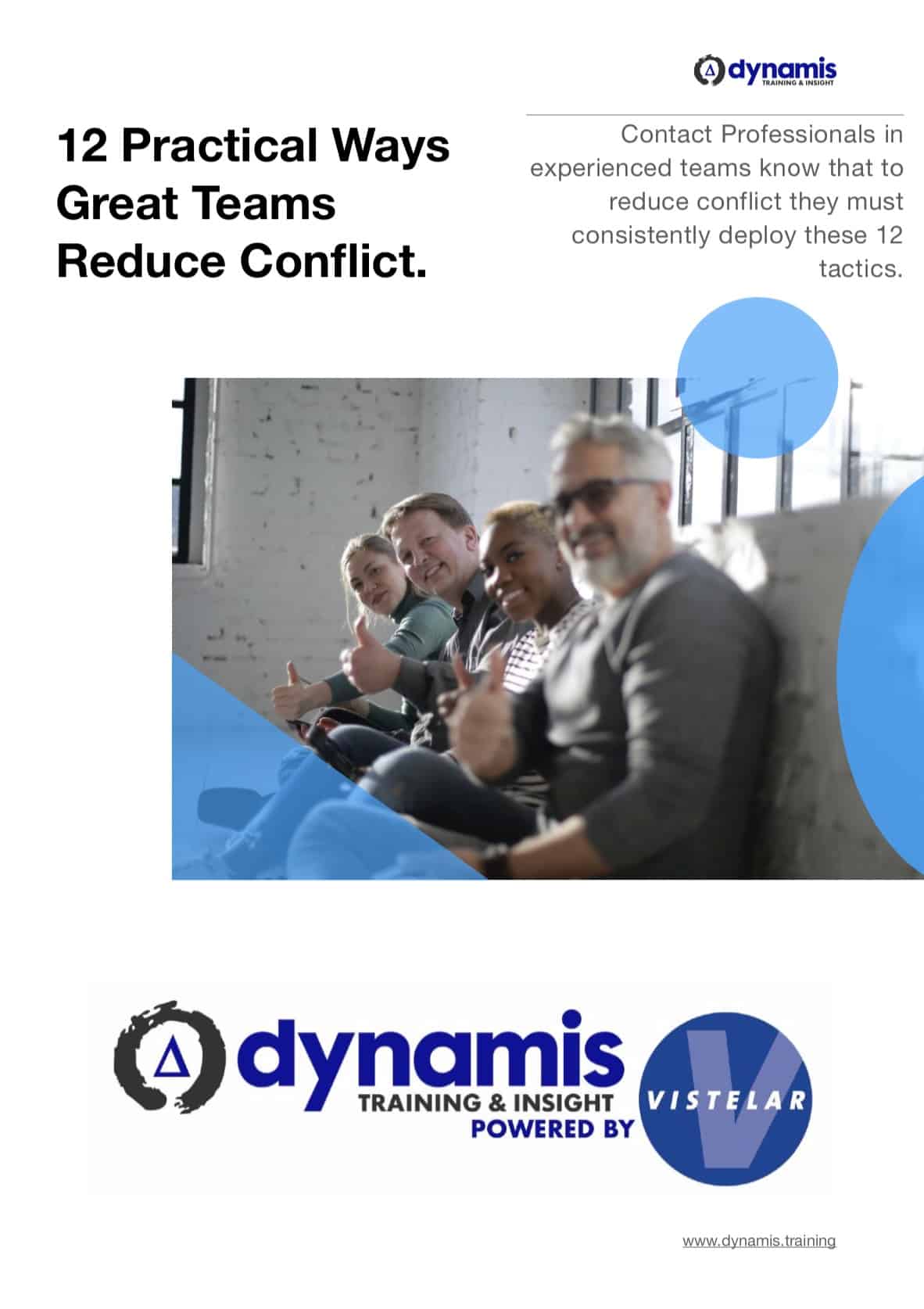Foster Carers Training in Managing Challenging Behaviours and Physical Intervention
Foster Carers Training Project: a foster agency, contracted to the local authorities in its area, was receiving requests from its foster families to have training in the use of physical interventions. Families wanted clarity on the rules regarding this area and asked us for Foster Carers Training.
Who engaged Dynamis: a fostering agency with strong links to the local authorities in its area and providing services in urban/suburban context. Many of the children it was engaged to support had challenging behaviour and the foster carers were asking for training around behaviour management, verbalisation skills, de-escalation, personal safety, containment, restraint, control and the legal aspects of the fostering regulations and Children Act 1989.
Foster Carers wanted to know about these issues in our Foster Carers Training:
- how to manage tantrums
- what to do when the child would not comply with requests or with house rules
- some foster children threaten violence to the carer
- self-harm and self-injury issues
- foster children sometimes want to leave the house and ‘run away’ when upset – what were they expected to do?
- what did they have the right to do?
- foster carers unsure as to their duty of care / powers in law to use force to restrain
- foster families wanted to know about the different ‘holding’ techniques that might be relevant and how to do them competently.
Our initial analysis:
- We researched and reviewed government guidance on the rights of foster carers to use force to prevent harm from occurring to children placed with them. We found very significant guidance relating to the Children Act 1989 which specifically deals with the rights and responsibilities of foster carers to use force in relation to their duty of care.
- We designed training which was suitable for adults who were unlikely to have had professional ‘social care’ qualifications or extended academic training in that area in the past. We also assumed zero previous knowledge of or experience with restraint techniques, procedures or tactics, which influenced training design.
- The training design would have to incorporate information and knowledge development about the ways in which restraint risk could be increased by certain actions. The various high-risk methods of restraint which should be avoided were specifically to be addressed in the training.
Training Delivery:
This awareness-raising training was delivered by Gerard O’Dea (Dynamis Principal Trainer) over the course of one full training day. Carers attended the sessions and were engaged in a discussion about the most important issues they wanted to address during the Foster Carers Training session. The group then proceeded with an explanation of the key decision-making principles relevant to restraining children, with specific reference to the government guidance for foster carers. The second half of the Foster Carers Training day presented an exploration of the different ways in which the scenarios could play out, what the risks involved might be and better ways in which IF the carer needed to use controlling physical force.
Outcomes in Foster Carers Training:
Foster carers who attended the Foster Carers Training sessions, which were delivered over a period of convenient dates, gave the programme very positive feedback and praised their agency for the quality and prudence of putting the training in place. Carers commented that clarification of the legal rules and government guidance gave them comfort in respect of the possible situations they could forsee.
Learn more here:
https://www.dynamis.training/healthcare-control-restraint-training/parents-restraint-awareness-training-course/
https://www.dynamis.training/community-safety-and-the-threat-of-knife-crime-part-1/


